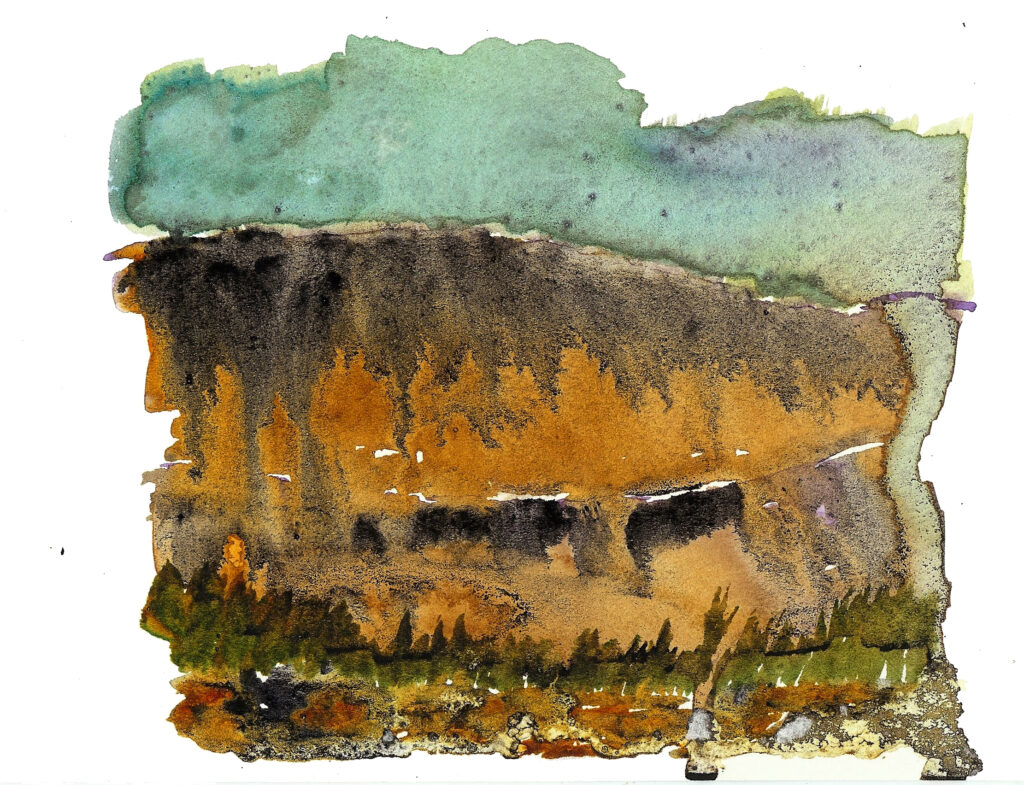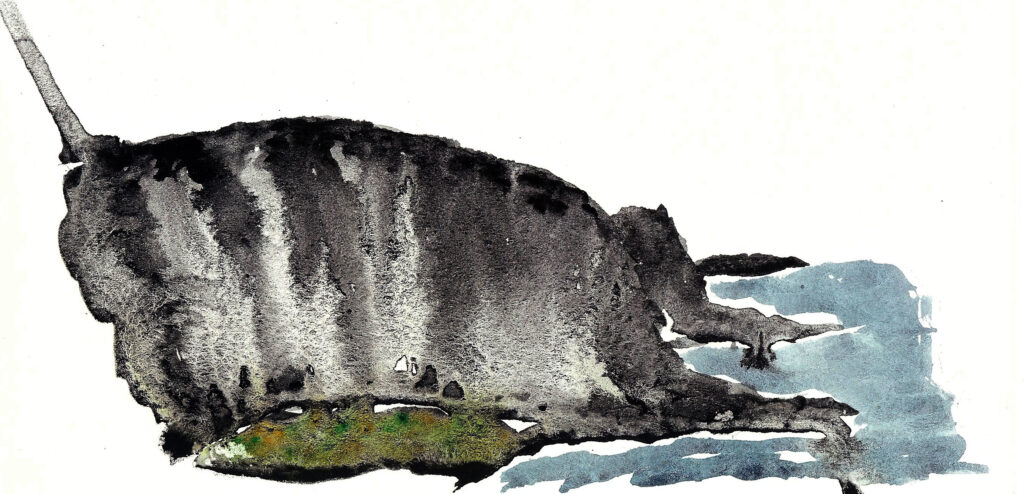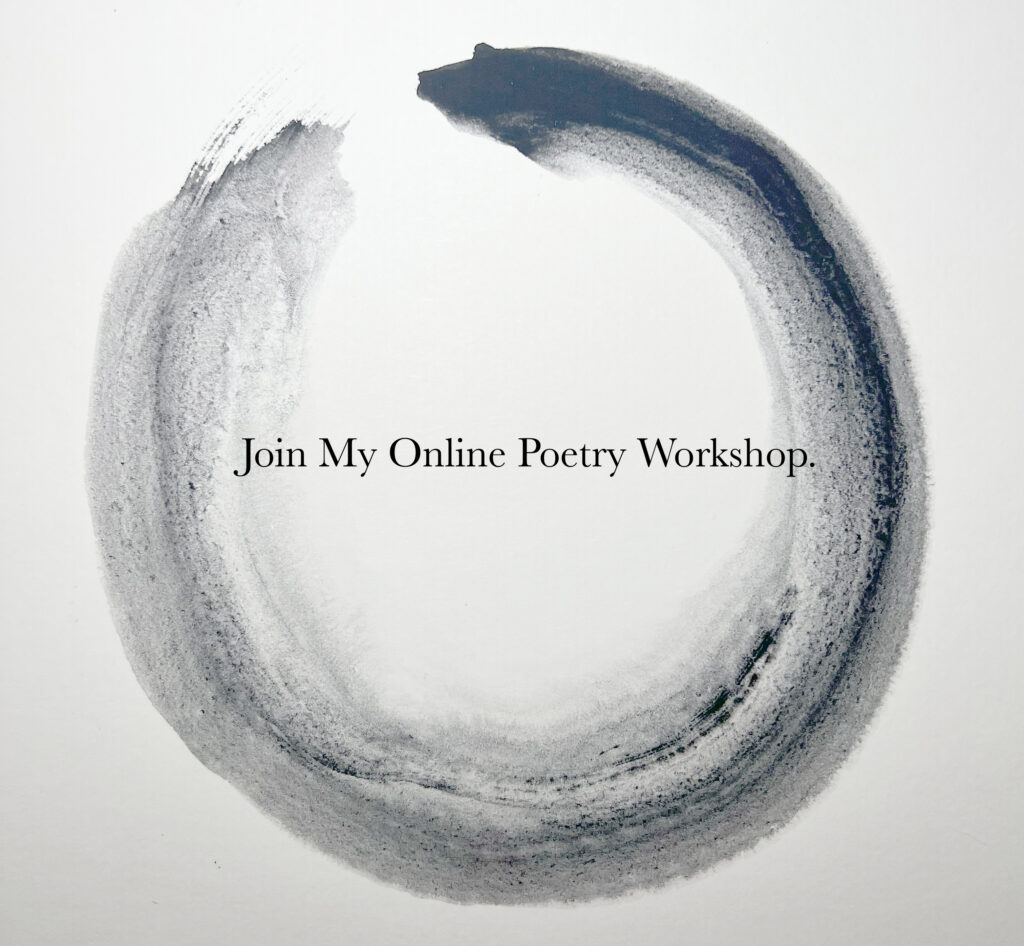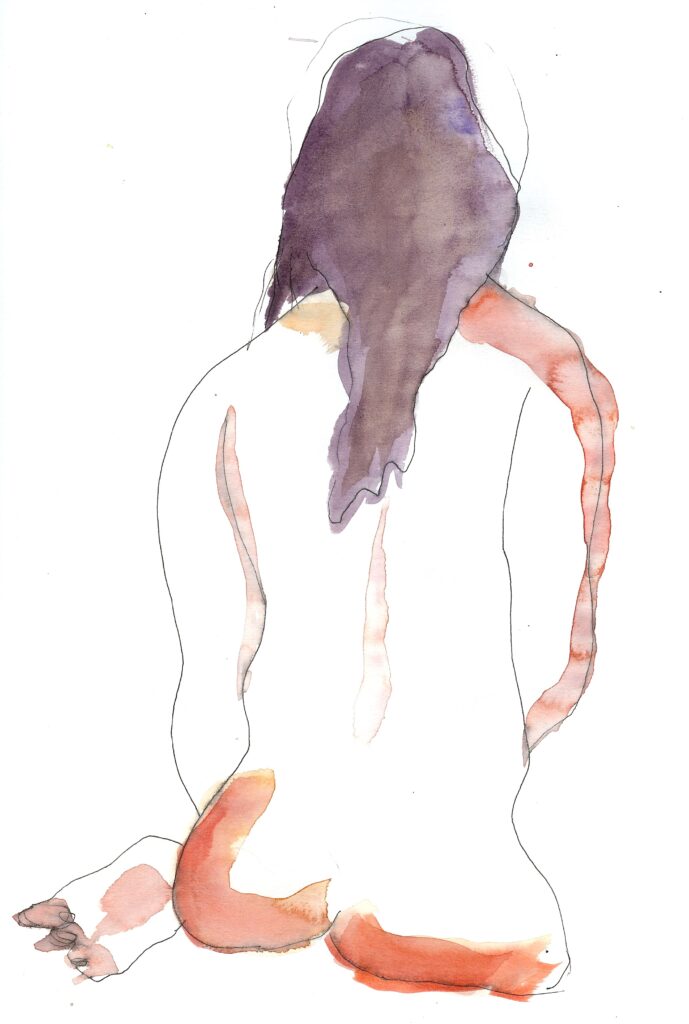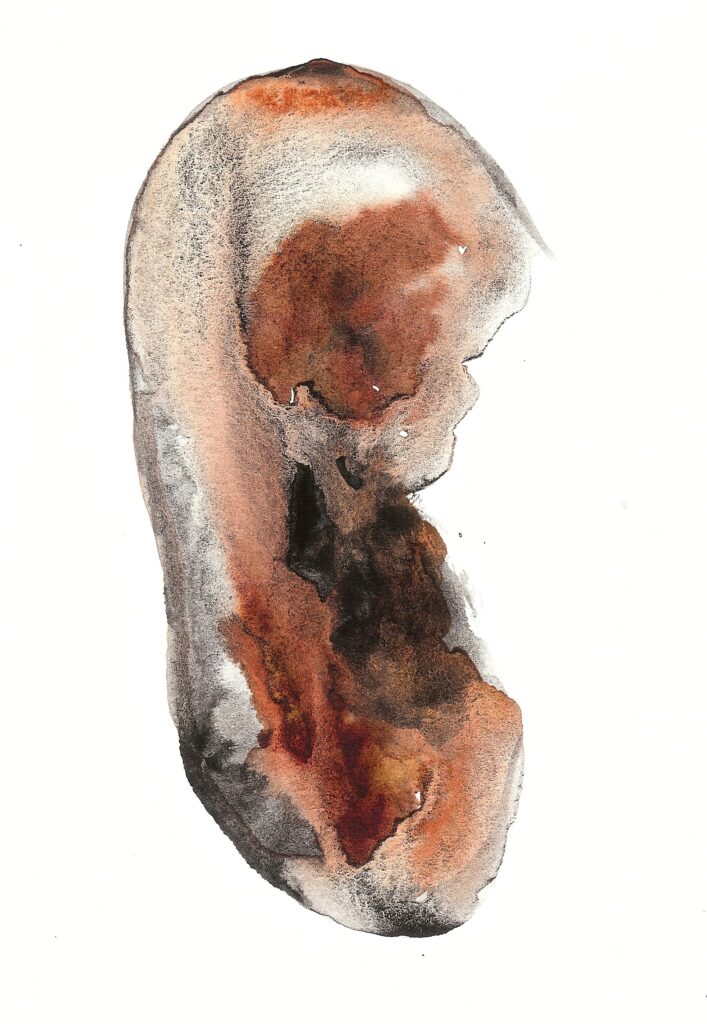Don Mee Choi is the National Book award winner for poetry for DMZ Colony, a hybrid text more reminiscent of the hybrid non-fiction, journalism, and poetry found in Claudia Rankine’s Citizen and W.G. Sebald’s The Rings of Saturn, than traditional lyric poetry, but the book is also quite distinct from Rankine and Sebald in important ways. The opening sections of the book are told in spare, almost brutally minimalistic prose that situates Choi historically and culturally. She’s from South Korea. She’s a translator. She spends time at various demilitarized zones, both real and imaginary, and both imaginary real—what is the difference, after all? While Choi is always in some way referring to the Korean Demilitarized Zone, the two-and-a-half mile wide “empty” zone at the 38th parallel that divides North and South Korea, she also physically inhabits other DMZs translated across time and space.
After studying art in the United States, she returns home, to South Korea, a stranger in a strange land. She interviews political prisoners and translates what she learns into notes.
The first political prisoner she interviews is Mr. Ahn. She publishes what appear to be her notes from the interview verbatim. The section that follows is disarming. The rawness of the transcribed notes is undeniable. Choi refuses to transform the man’s suffering into art, and in doing so creates something that I wouldn’t call poetry, but is something almost as good, a commentary on war poetry itself. Choi’s implicit question is this: What happens when a poet elevates the pain of war into art? What happens when suffering is rendered beautifully? Choi will not beautify Mr. Ahn’s suffering. In fact, she will not transform it into anything at all, neither narrative, nor poetry.
But it is important to note that transformation nevertheless occurs. Choi translates the notes into English. Translation is a literary transformation that always involves some degree of choice. (Later Choi will play upon this in her own translations, as a critic for the Chicago Review of Books notes; Choi’s translations from Korean to English are far from perfect or precise.) And in that transformation we are forced to reckon with the ambiguity of translation, the words themselves presented to us as potential translations trotted out for the reader to make sense, to disambiguate.
The early sections of DMZ Colony are strong pieces precisely because of Choi’s refusal to be artful, her refusal to be poetic. Writers often turn to their artistry to describe setting, using rhetorical devices like metaphor and simile to weave together a sense of place. Choi refuses these niceties, instead using locational data to situate the reader “…the river connects to the Imjin River, flowing north to south…” Choi will not render beauty. “I’ll leave it to your imagination…whether the acacia tree was in bloom or not.”
Later Choi meets Ahn-Kim-Jeong-Ae, “a feminist scholar and activist.” Here Choi offers some narration, and then reproduces Ahn-Kim’s notes direct (in her own notes, Choi says they are traced). Choi flies back to the United States to Texas where she comments on the separation of migrant children from their parents at the border.
Thus far, the book is stoic to the point of almost cruelty, but the barrenness of the prose is a pitch perfect mirror of the barrenness of political atrocity, the barrenness of war, the barrenness of murder. I read the opening sections in awe. Choi’s control of her form was perfect.
But then, the book falters.

It is fascinating to me that the poems that are arguably the best “poems” as “poems” in the book are the very poems that contradict the book’s internal logic.
Choi “translates” the stories of eight girls who survived the Sancheong-Hamyang massacre. While the stories appear as translations, they are in fact retellings. Here, Choi breaks the contract she has made earlier in the book, the contract that she will not beautify atrocity.
This is not to say that these sections are among the most striking in the entire book. They are the most beautifully horrifying poetry in the whole book, surreal and medieval. They do not belong in this book precisely because they are beautiful. And yet they are essential. This paradox is fascinating and disarming.
The stories are imagined accounts of the children’s experience, pieced together from Choi’s conversations with Ahn-Kim-Jeong. Choi explains in her notes that she wrote the stories in Korean and then translated them into English. So much care has been taken to not transform suffering into art thus far in the book. When I learned that the stories were imagined accounts, based on real accounts, I was disappointed. Translation is always a political act. Telling another person’s story is a delicate balance of service and exploitation. By capturing the stories in DMZ Colony, Choi takes the accounts for her own use. There is the feeling of a triple violation. The violation of the massacre itself and the violation of the translation and the violation of the publication of the stories as fictionalized accounts. The “translations” are surrealistically poetic. Choi writes: “I may be the only one who thinks this but representation can be magical. Cruelty and beauty—how do they coexist.” The blurring of the line between fiction and poetry and non-fiction undermines the stoicism of the opening sections. Ahn-Kim explained that the state continued to deny the massacre through falsifying, through concealment. Choi’s poetry is at once an account that contradicts the state’s narrative, but it is also a form of falsification as well. The reader is left to inhabit that discomfort, and perhaps that is precisely the point.
DMZ Colony is at its weakest when it slips into literary theory and criticism. Too many books become infected with the disease of academic literary criticism, as if they are trying to anticipate their own critique, and suffer for these contortions.
But the book is saved by the last section, which attains a poetic “truth” outside mere transcription, outside criticism, outside fictionalization. The end is Choi’s poetic translation of all that has come before. It is the poetry woven from the threads of history that she has made her own. These are not necessarily the strongest poems in the book—as I mentioned, the strongest poems are Choi’s transformations of the children’s stories, but the poetry serves the strong purpose of helping the book come full circle. At the end, DMZ Colony is a book that inhabits poetry and fiction and translation’s many potentialities–and risks. Choi walks a delicate tightrope in commenting upon these risks. Can I blame her for stumbling from time to time? No. I can only celebrate and stand in awe of these risks. DMZ Colony is an excellent book, one that carries a record that may otherwise have been erased.
About the Writer
Janice Greenwood is a writer, surfer, and poet. She holds an M.F.A. in poetry and creative writing from Columbia University.

